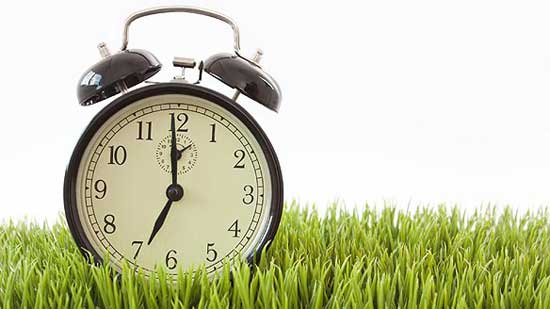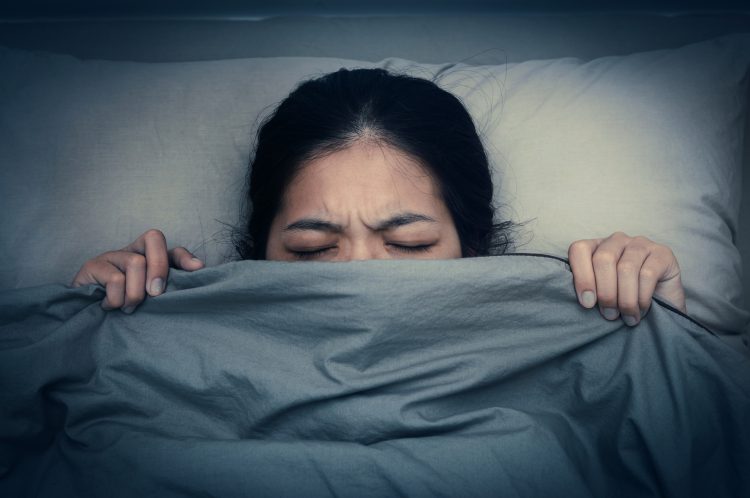
When daylight saving time takes effect on Sunday, March 8, it doesn’t have to mean a miserably groggy Monday morning. Start planning now to ease your body into the time transition.
Clocks jump ahead one hour at 2 a.m. on Sunday, March 8, erasing an hour of sleep. That results in a population with fatigue, cognitive slowing, mood problems and slower reaction times. Studies have shown an increase in heart attacks, traffic accidents and workplace injuries in the days following the shift to daylight saving time.
Vanderbilt Sleep Disorders Center specialist Kelly Brown, M.D., says her No. 1 tip is to stick to your normal weekday sleep schedule on the weekend.
“We often shift our sleep schedules on the weekend anyway, going to bed later and getting up later. When you add daylight savings to the mix, it makes it even harder to wake up Monday morning,” Brown said.
“Set your alarm on Saturday and Sunday just like you would through the week, and that lost hour of sleep won’t have a big impact.”
You can prepare even more in the days leading up to the time change. Beginning Wednesday, March 4, go to bed 15 minutes earlier each night and wake up 15 minutes earlier each morning. When Sunday arrives, you will already be adjusted.
“This is especially good for young children who may have difficulty with a change in routine,” Brown said.
It usually takes just a day or two to feel normal again, but some people can require up to two weeks to make the transition. If the post-time change grogginess continues for more than two weeks, Brown says a sleep specialist may be able to help.
“It’s very important to note that if you are feeling sleepy during the day or having difficulty falling or staying asleep, you should talk to your primary care provider and consider an evaluation by a sleep physician. Sleep disorders are highly treatable and their treatment can make a dramatic change in your health and daytime functioning.”
Tips to ease the daylight saving time transition:
- Stick to your normal sleep schedule on the weekends.
- Go to bed 15 minutes earlier each night, starting on the Wednesday before the change (March 4). This eases your body into the time change and makes the transition less abrupt.
- Dim the lights earlier on nights leading up to the time change. Avoid bright light in the evening, especially from computer and TV screens.
- Avoid alcohol and caffeine in the evening.
- Have a calming bedtime routine, such as reading or taking a bath.
- Keep the bedroom cool and dark.
- Get morning exercise in the sunlight on the weekend of the time change.
- Eat an early breakfast and dinner on the weekend before, and eat a good breakfast the Monday morning after the time change.















